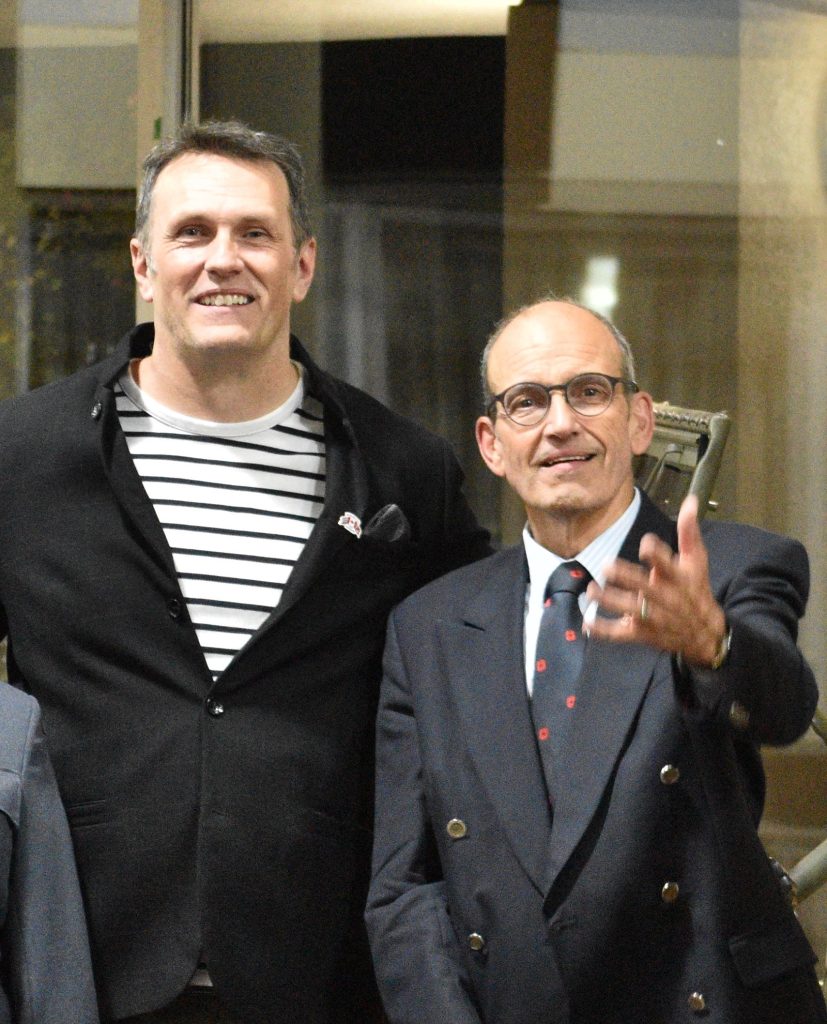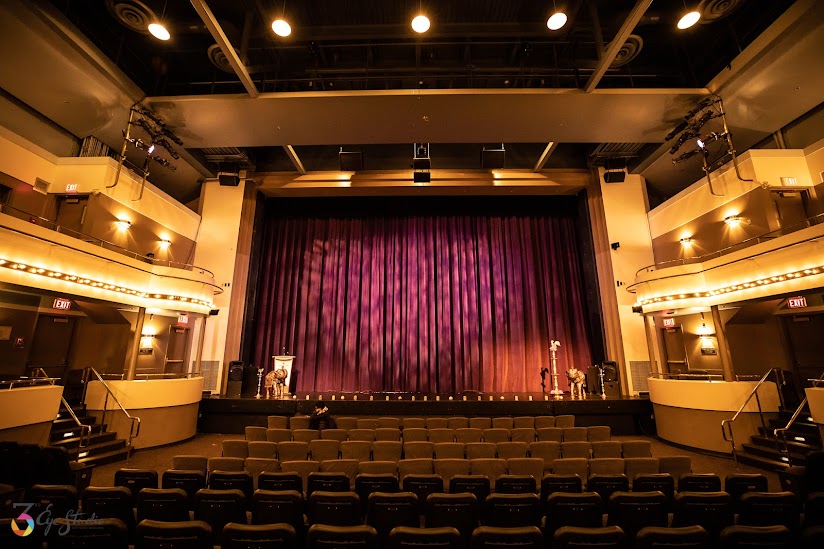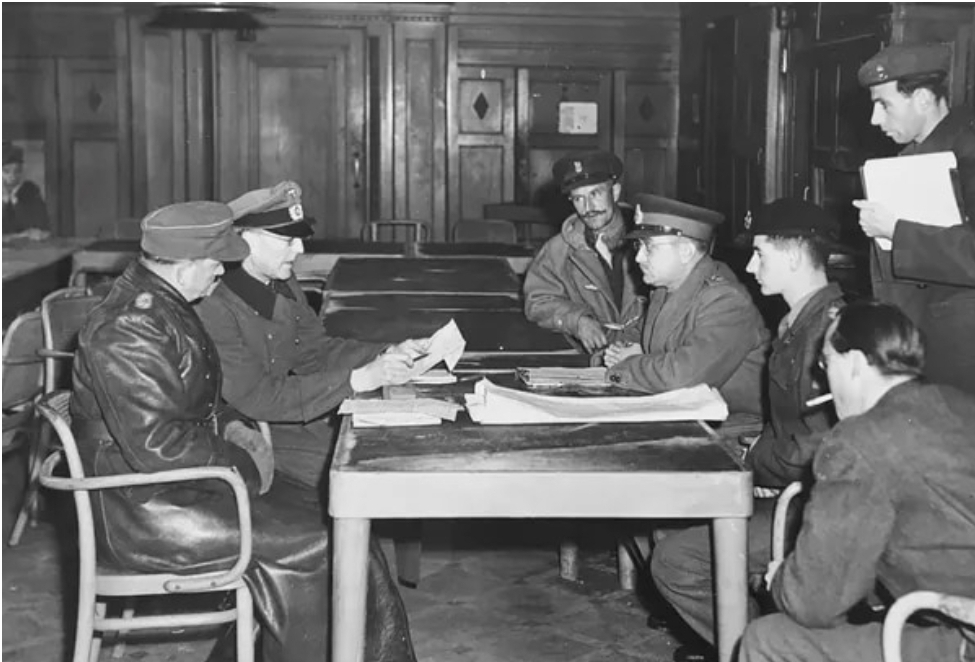By Jana Semeniuk

“I felt like I was there,†is a common reaction for audience members who partake in the unique story telling of Canada’s military past by Canadian historians Ted Barris and David O’Keefe.
With Remembrance Day approaching, Barris and O’Keefe are back at Festival place Nov. 12, to share Canadian stories of the Dutch Liberation during the second world war as told in Barris’ book ‘Days of Victory.’
“Most of my books focus on Canadians whose stories have never been told before,†said Barris during a recent phone interview. “I’ve been interviewing Canadian veterans for 50 years and met nearly 7000 of them.â€
While their story telling takes listeners on a journey through Canadian history to relive a time that few are still here to remember, Barris explained why he felt Festival Place was ideal.
“The beauty of the Festival Place theater is that you’ve got that nice intimacy of a fairly large theater. Nobody is really very far from the stage. And there is that wonderful screen behind us,†he said. “We’ve got motion picture films and newsreel films, plus images that we’ve captured from our research. And then we offer the maps and the context then you just sort of curl up as an audience member in your chair and encapsulate yourself with the stories.â€

O’Keefe, an author and Canadian historian whose television presenting credits include History Channel’s War Junk, said he is happy to be back at Festival Place sharing the stage with Barris.
“Ted is a master historian and a true professional. It’s wonderful to be on stage with him,†he said. “I believe these story telling events are important because history is about empathy and understanding what people have been through in the past.â€
Barris’ book focuses on Canadian’s contributions to the war effort, following the early days of the second world war to the eventual march of victory six years later. Stories of heroism, tragedy and ultimate celebration are brought to life through the memories gifted to him by those who lived it.
While Barris has gathered a great deal of information from his research and interviews, he admits to being surprised now and then coming across historical items.
“In 2019 while visiting a friend in St. Albert, he brought me to visit his friend who has a garage jam packed with war-time vehicles and memorabilia,†he said. “Tucked in the rear of his garage was a photograph of George Molnar.â€
The famous photograph depicted Capt. Molnar in 1945 sitting at a table with a small group of military personnel. Barris explained that in the photograph, Molnar, a young captain from Calgary, was performing a special duty assigned to him during negotiations that led to Germany’s surrender.

“George was one of those rare people who was quite well educated when he went overseas. He was fluent in English and German and could translate well,†said Barris. “On May 4, 1945, it was time for the Germans to surrender. It was at a table in a little place called Hotel de Wereld in central Netherlands. There were the Germans on one side of the table, the general and his adjutant, surrendering to the Canadians with their general on the other side of the table, and his adjutant and Prince Bernhard was also there at the table witnessing the surrender. But the only man in the room, the lowest ranking man in the room, able to speak both German and English and to translate for both sides was low ranking Captain George Molnar. And the photograph was right there in that man’s garage.â€
Barris said he can’t help but feel proud as a Canadian when writing about our military history.
“I’m overpowered by it. That is what motivates me to do this,†he said. “It’s one thing to read history and replicate it based on what you’ve read or seen in a movie. But when it touches you how can you not be moved? How can you not be attracted to a story, and retell it over again?â€
Barris and O’Keefe will be at Festival Place for one night only Nov. 12. Tickets are available at festivalplace.ca or by calling the box office at 780-449-3378.